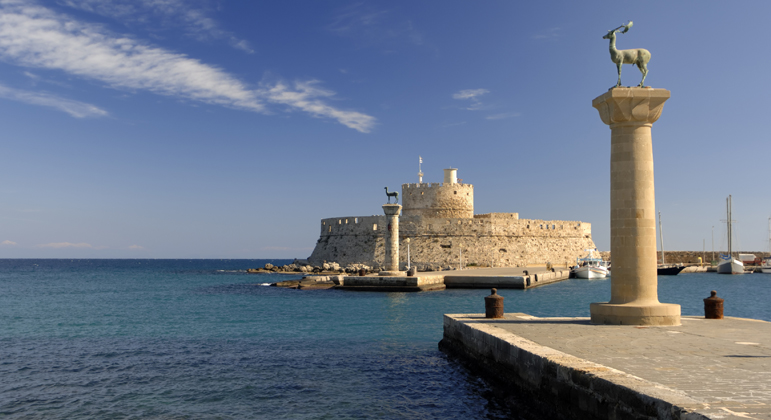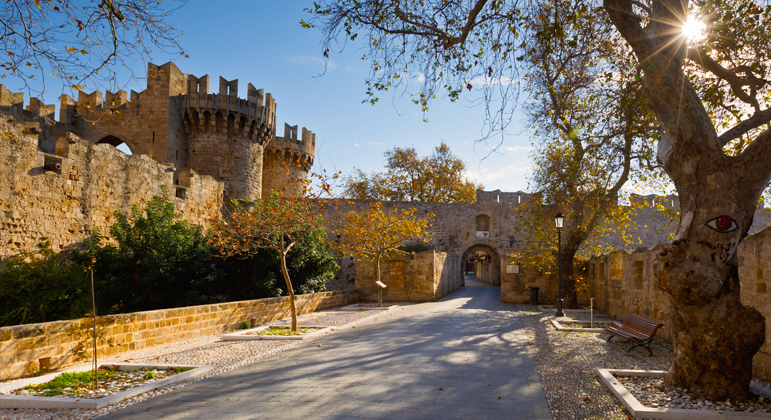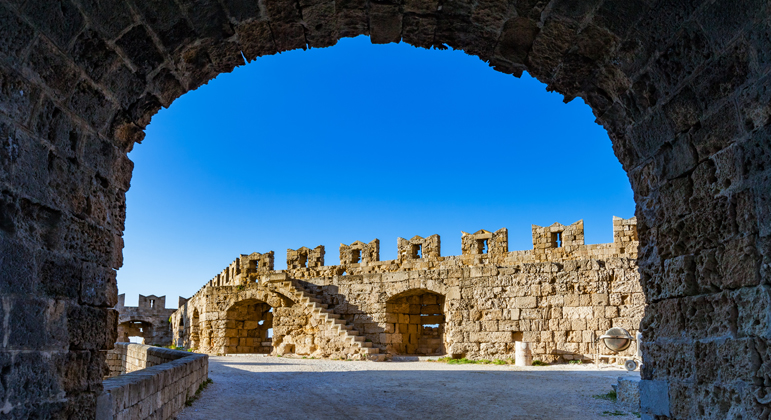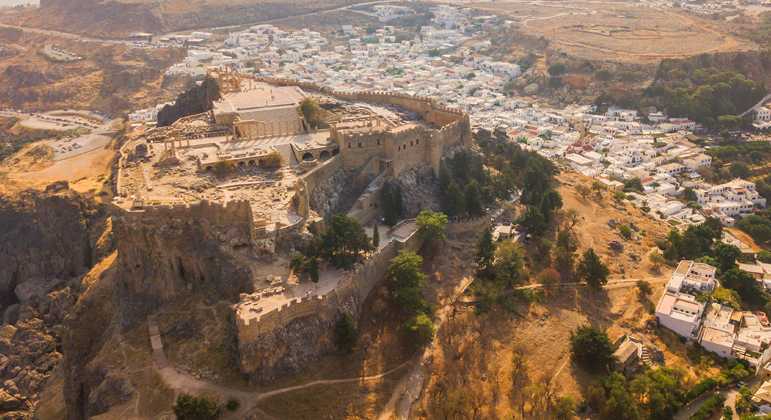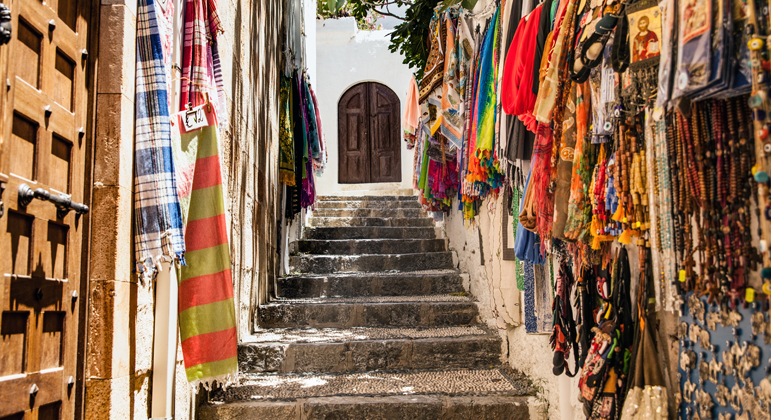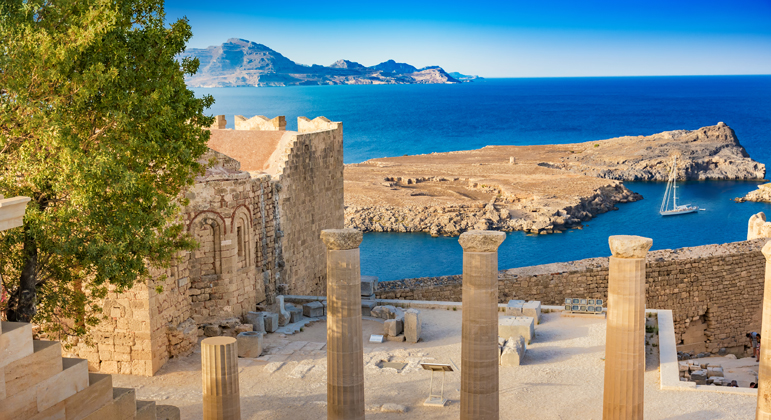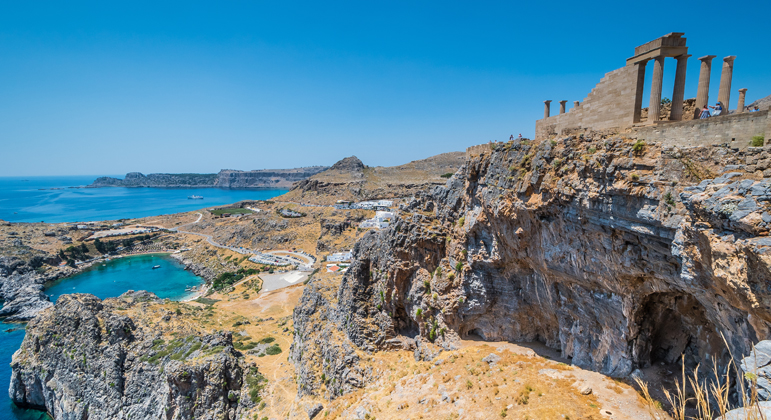Rhodes Where Medieval Splendor Meets Magical Landscapes
There are islands in the Mediterranean with captivating history, fantastic beaches and beautiful scenery, and then there is an island like Rhodes that quite literally has it all. Long before the days of the Roman Empire, many a maritime trail led to Rhodes, the largest of Greece’s Dodecanese islands, named for the native pink hibiscus flowers. Unlike some popular Greek islands like Mykonos and Santorini, Rhodes is lush and green, a veritable garden in the eastern Aegean. And with an area of 541 square miles (1,400 square kilometers), it’s large too. Rhodes is also home to some of the most spectacular medieval fortifications anywhere, built by the Knights of the Order of Saint John in the 14th century. The virtually intact Palace of the Grand Master in the town of Rhodes is a Gothic jewel right out of a fairytale; this, combined with the Street of the Knights and some 200 winding lanes, creates a dazzling, living tapestry.
The island of Rhodes is in many ways a microcosm of Greece. The Old Town of Rhodes, at the northernmost point of the island, is probably the best-preserved medieval city in all of Europe. Midway down the eastern side, Lindos (some 55 km south of Rhodes town) blends archaeological intrigue with a panoramic town that is more reminiscent of a Cycladic island like Mykonos. The western side, meanwhile, has many orchards and vineyards as well as impressive ancient ruins at sites like Kameiros. The island’s interior is a place of verdant forests, hills and oases of calm like Seven Springs and the Valley of the Butterflies nature park, bringing to mind the countryside of northern Greece, while the beaches you’ll find in Rhodes are among the widest and best in Greece and indeed the Mediterranean.
Amazing excursions carefully curated

 Santorini
Santorini 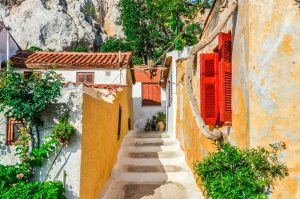 Athens
Athens 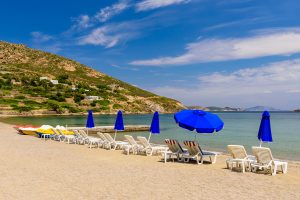 Patmos
Patmos  Istanbul
Istanbul 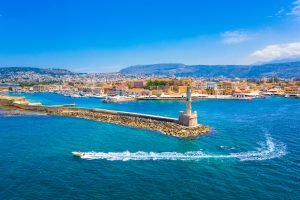 Crete
Crete 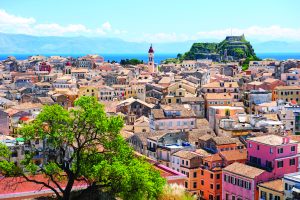 Corfu
Corfu 






 Deutschland (€)
Deutschland (€)
 Turkey (€)
Turkey (€)
